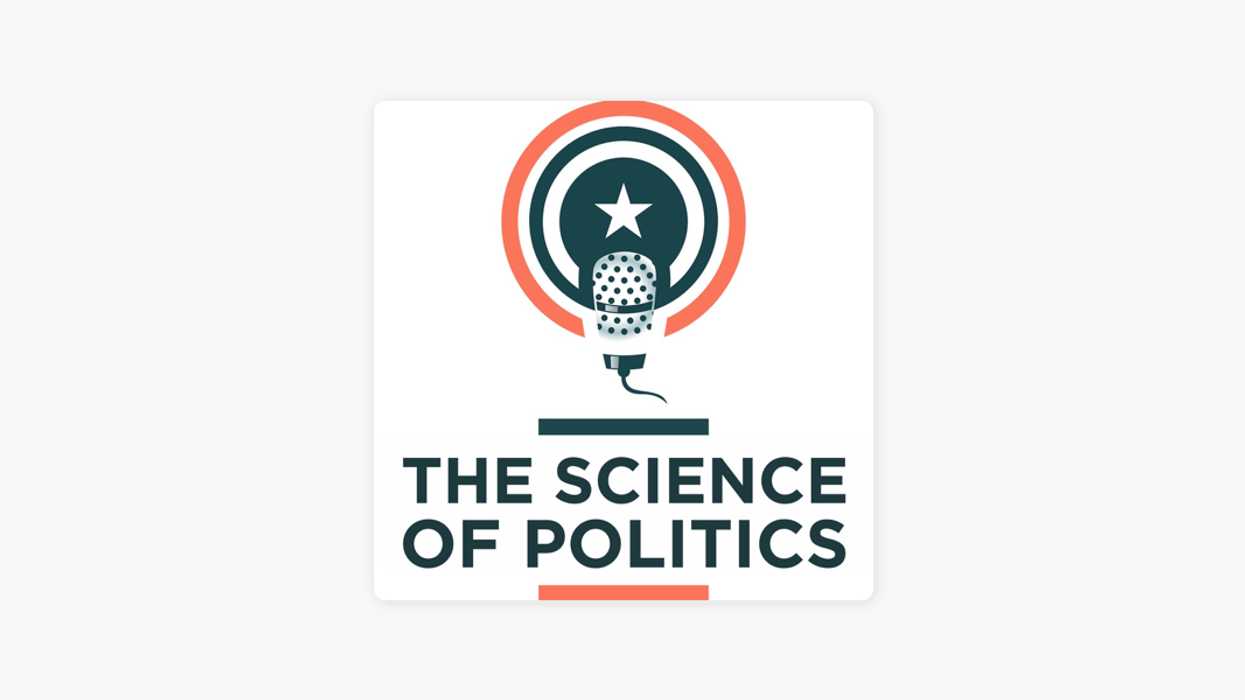American public policy includes a lot of economistic thinking. Policy analysts weigh costs and benefits, use economic projections and models, and try to calculate the value of almost everything. That may not have been inevitable. Elizabeth Popp Berman joins "The Science of Politics" to discuss how a revolution in applied microeconomics brought about a shift in bureaucratic agencies, which led to self-reinforcing requests for more economics trainees and economistic ideas, with governments increasingly asking for a particular form of economic analysis that limited the scope of government action.
This economic revolution explains how the Democratic Party moved rightward, foreclosing further left economic alternatives by changing the language and criteria for policymaking.




















Trump & Hegseth gave Mark Kelly a huge 2028 gift